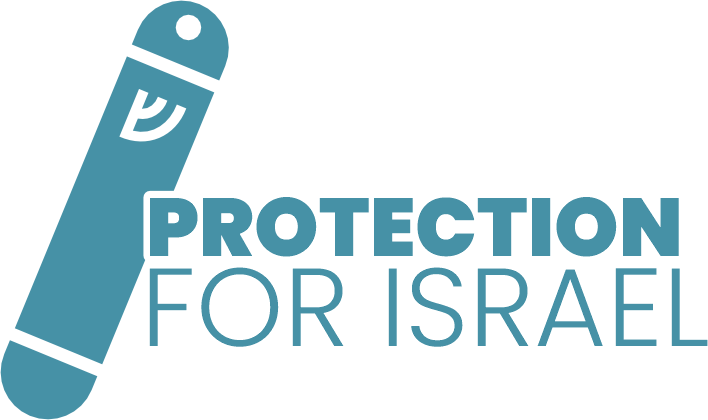
The whats, whys, and hows of mezuzah
What Is a Mezuzah?
Hebrew: מזוזה, sometimes spelled mezuzah, lit. “doorpost”.
A small parchment scroll upon which the Hebrew words of the Shema are handwritten by a scribe. Mezuzah scrolls are rolled up and affixed to the doorposts of Jewish homes, designating the home as Jewish and reminding those who live there of their connection to G‑d and their heritage.
What Constitutes a Kosher Mezuzah?
The decorative case containing the mezuzah scroll is just that: a mere container. What’s important is the scroll, upon which the first two sections of the Shema (the "mezuzah prayer") are handwritten, beginning with the eternal words “Hear o Israel, the L‑rd is our G‑d, the L‑rd is One.” These selections both contain G‑d’s instruction to affix the mezuzah: “You shall write them on the doorposts of your house and on your gates.”
Why is it so costly?
These words are handwritten by an expert scribe who is trained in the many laws involved in writing a mezuzah, including the requirement that it be written with special intention and that the words be written in order.
Kosher mezuzah scrolls can cost from as low as $75 to as much as $200. The difference in price depends on size, quality, and type of script.
Since even a small error can render a mezuzah unfit, it is vital that it is purchased from a reputable scribe or retailer. It may be worthwhile to spend more money on a higher quality scroll fashioned with greater care and precision. Every single letter in the mezuzah must be properly formed. A single crack in the parchment or any omission can invalidate the entire scroll. A printed mezuzah is invalid. For this reason it is vital that it be purchased from a reputable scribe or retailer.
On the reverse side of the scroll, the scribe writes one of G‑d’s names: Sha-dai. The three letters of this name form an acronym for the Hebrew words that mean “Guardian of the doorways of Israel.” Since this name of G‑d begins with the letter shin, mezuzah cases are often decorated with that letter.
You should hang a mezuzah on just about every doorway that belongs to you. Notable exceptions are doors leading to bathrooms and small closets.
The mezuzah should be hung on the right side of the door, on the top third of the doorway. The mezuzah should be right-side up, and slanted so that the top of the mezuzah faces inwards towards the room.
Where Do Mezuzahs Hang?
Learn the basics of this special mitzvah with this video
What Does the Mezuzah Mean and Why Do We Use It?
Hanging a mezuzah on our doors fulfills a Biblical command, but it also has a very important message and provides a unique service to the denizens of our homes
Judaism is not confined to synagogues. We strive for spirituality even within the comfort and familiarity of our own homes. The mezuzah on the doorpost reminds those who walk through that G‑dly life and Torah accompany them wherever they go.
Our sages teach that a mezuzah has the unique property of protecting the inhabitants of the home where it is hung—whether the inhabitants are inside or outside that home. The mezuzah can be compared to a “helmet,” a veneer that protects us against the dangers that surround us in our lives.
Check Your Mezuzahs!
Mezuzahs should be checked by a sofer (certified scribe) twice every seven years to see if they have been affected by adverse weather conditions, or by folding (which can cause cracks in the letters), or if any other defect has occurred. It is preferable to check mezuzahs which are on the outside of a building more often, due to their vulnerability to inclement weather.
In addition, the infiltration of fraudulent mezuzahs in the marketplace present further cause for regular checking to determine the authenticity of the mezuzahs in your possession.
The checking of mezuzahs has been revolutionized by technological developments over the last several years. Mezuzahs can now be scanned by a computer for textual errors. Since no sofer, however diligent, is infallible, computer scanning has the advantage that no word or letter will ever be overlooked.






